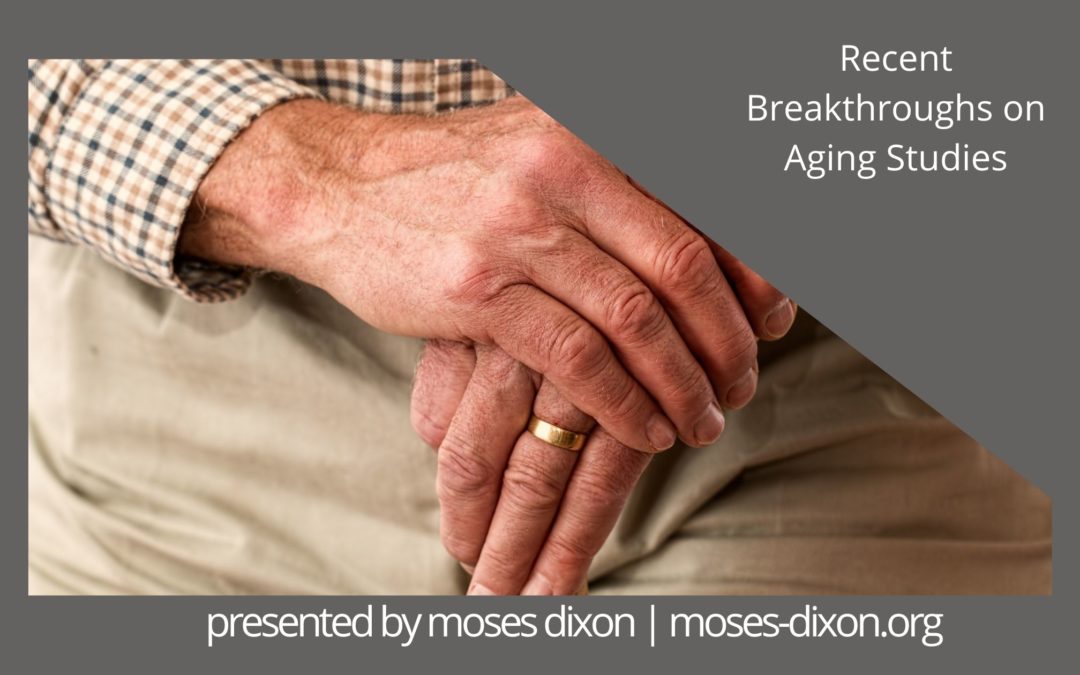The single most significant source of human pain is the process of becoming older. Individuals may argue against this statement, but it is factual. For instance, older people are more prone to lethal illnesses than the younger generation. Such diseases also affect the most vital body organs. Examples include heart diseases and cancer.
Old age also increases dependency on society. Most people develop conditions that affect their mobility as they age. As a result, movement from one place to another becomes an issue, bringing up the need for a caregiver. The average person cherishes their independence, so this is a heavy blow for them.
So, is aging reversible? There have been several breakthroughs in this debate, and below are some of them.
Telomerase
Human body chromosomes have a protective end region, the telomere. It’s common for these regions to shorten as one ages. The problem with shortened telomeres is that they make individuals prone to illnesses. However, it’s possible to lengthen the telomeres using the enzyme telomerase. This debate has been in existence over the last decades, but its pursuit was halted as it led to high cancer risk in mice.
Recently, scientists found a way to use this method. Temporarily using telomerase does not increase cancer risk. In fact, the lab rats showed signs of better blood sugar control after the experiment.
Use of Blood from Young Animals
Certain chemicals in young animal blood are vital in the anti-aging debate. They work on tissues from vital organs such as the heart and the brain by assisting in their rejuvenation. However, doctors and scientists are yet to identify the exact molecules that have this effect.
As a result, they are determining the similarity in human molecular rejuvenation, which will be a crucial breakthrough in the research. This will not only prevent aging but will also prevent fatal illnesses.
Use of Drugs
Aging processes in humans and mice are alike. As a result, it’s possible to conduct experiments in mice that would show similar results in humans. Recently, certain drugs, such as rapamycin, have been effective in mice anti-aging. This implies that doctors and researchers can design the medications to work on humans to prevent chronic illnesses in humans.
Cell Reprogramming
It is possible to reprogram human body cells by turning several genes. The goal of reprogramming is for the cells to resemble that of an embryo, restoring many lost aspects of a young cell. Some of these aspects include disease prevention capabilities.
